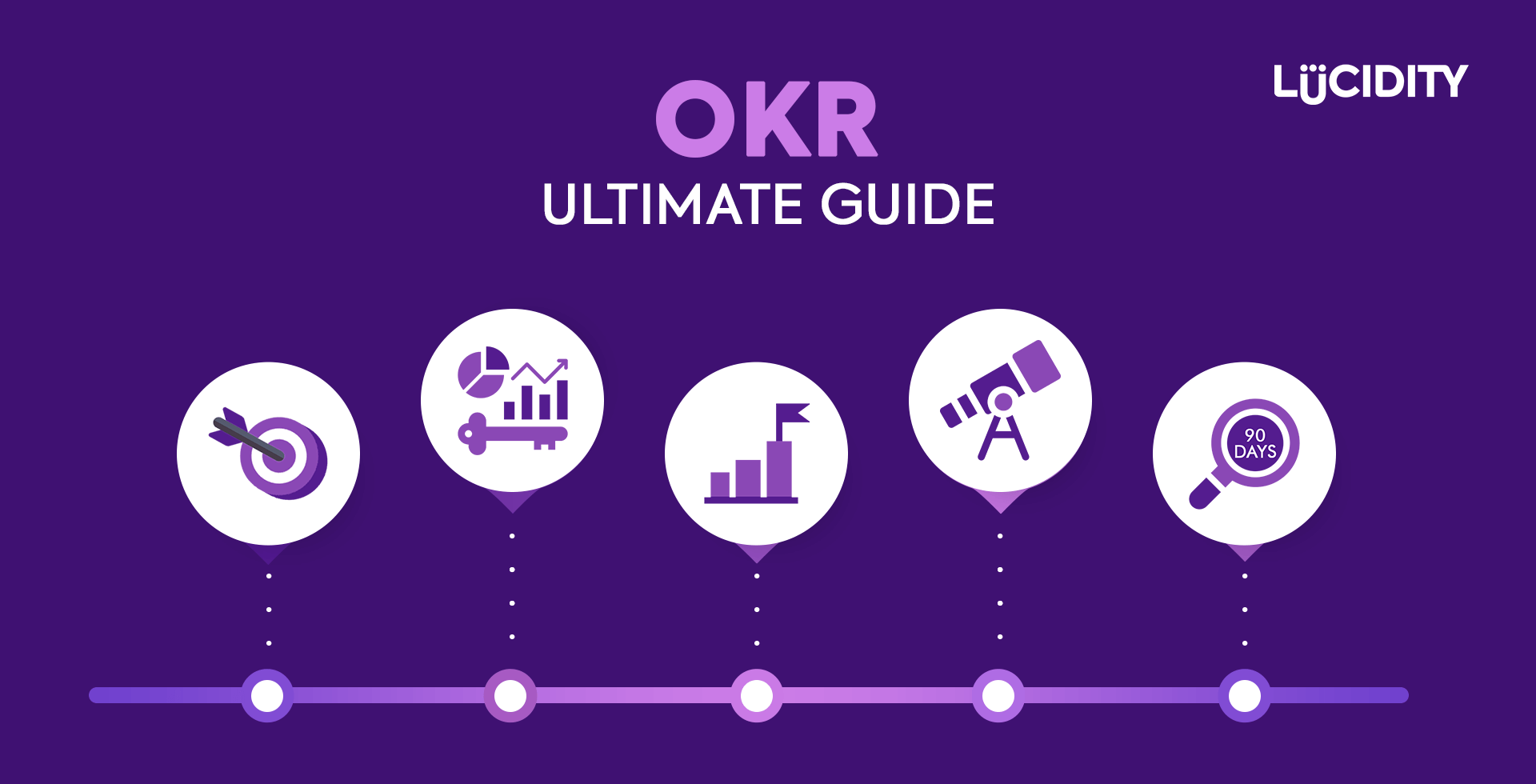To say we’re living in unprecedented times doesn’t feel strong enough to describe the uncertainty, worry, and questions that the last few weeks have brought upon the world.
First and foremost, many are concerned about their health and the health of their friends and family, and of course this is the priority. At the same time, employees are fearful for their jobs and company owners are searching for ways to ensure their survival.
We’ve put together a simple checklist for business owners to review. The basic framework we’ll use is to:
- Understand Your Possible Options
- Understand Your Possible Outcomes
- Establish Helpful Channels
Let’s take a look through some points in more detail…
Get Government Help
Many countries have now started to detail support packages in the form of grants, loans and payment holidays for businesses of all sizes. These are designed to help companies with rent, salaries, and more, so it is vital that you take advantage and look into what is available for you.
Research and talk to your accountant or your local authority, keep an eye on the news broadcasts, talk to other companies in similar positions to understand how to access help.
Scenario Planning
The only certainty right now is nobody knows exactly how long this is going to last, so you need to be prepared for several different scenarios in your business.
If you’ve not done any sensitivity analysis before, then now is the time. This is the process of looking at what would happen to your cashflow and business should revenues or costs change by x%.
Take the following steps:
- Map out your cashflow in detail for the next 12 months if you don’t have this
- Adjust the different revenue to increase and decrease by a set %
- Adjust the different costs to increase and decrease by a set %
- Model out several scenarios to see how what your circumstances would be as the situation develops
This will help you make key decisions as time progresses. Remember to include the government help in some of your scenarios, as long as you’re eligible.
Review Your Costs
You’ve got your different scenarios, it’s now time to plan out what you can reduce in your costs. This is best practise to do regularly, though it’s often neglected. Talk to providers, landlords and suppliers.
It’s important to get the balance right between cutting costs and cutting non-essential costs. Activities that are strategically important to you should be protected and indeed invested in. In difficult situations and downturns there are a number of examples of businesses acting early and spending money on the right things and coming out stronger after the crisis.
So, protect or increase spend on things that are strategically important and reduce spend on things that are not. Acting promptly like this could well strengthen your business.
As we all transition and adapt the way we work with remote working and altered working patterns, think about what spend is now unnecessary and what spend becomes more essential. Costs associated with maintaining your physical office may need to be reduced in favour of tools that enable remote collaboration, communication and cloud-based storage.
Setup Remote Working (where possible)
Working from home is going to become a requirement, and while that is impossible for many companies, for some it’s a challenge that can not only be achieved but could also make them stronger long-term. Technology companies are particularly used to working remotely, but if you’ve never done this before what do you need to consider?
Equipment
Equipment such as phones and laptops should be acquired. These are now currently in short supply, so you may need to consider personal devices. This comes with some security concerns, so you may want to seek specialist advice.
The main risk is around the lack of control you have over personal devices. You don’t know the antivirus software, if any, nor do you know that the machines are clean from malware or viruses. You also are unaware of who else has access to the systems. If possible consider having the user Remote Desktop onto their machine in the office, this is where they login to their desktop via their home machine. You’ll need someone to set this up for you if you don’t have technical resource, or follow a guide online. Ideally you want to include a VPN, Virtual Private Network, and 2FA, 2 Factor Authentication, as requirements for the RDP. While there are guides online, this type of setup generally requires someone specialist or knowledgeable.
If that’s not possible:
- Talk to your employees about good security practices of signing out of software, locking their screens and not downloading personal information onto their own computer
- Ask them about anti-virus and support then to make sure they are running the latest software patches
- Make sure all employees are aware of keeping up to date with security patches, and ensuring their anti-virus is up-to date and running
- Be aware that in these times Malware attacks increase and target people especially around new on the COVID-9 virus
- It’s probably a good time to refresh all your employees on the best practices for spotting phishing emails, to protect yourselves from these types of attacks
Communication
Conference software such as BlueJeans, Zoom and Webex can be helpful for meetings with external companies, such as clients and prospects.
Internal communication software such as Skype, Slack or Teams are good systems for live chat between teams. If you’re a Microsoft Office user, you have Teams included for free, and Slack also provide free plans.
If any Lucidity clients need refreshers on how to use the collaboration parts of the platform, please just get in touch.
Logistics
Working remotely doesn’t mean you have no structure to your day. Ensure there’s team meetings or stand ups at the same time each morning and/or afternoon and everyone is aware and in the loop.
As schools and childcare closures loom you may need to consider how best to work around the disrupted days that some of your team members (or indeed yourselves) may face. Try to understand each team member’s situation and how they plan to juggle their work with the needs of their families.
You may have to set up your daily team meetings in line with their schedules and be prepared for irregular working hours. One idea is to set up a Parents group on your internal communication system and encourage people to share their strategies for managing work and childcare.
There are a number of full guides on how to setup working from home and working remotely, it’s worth more research on this topic if you’ve never done it before.
Keep Employees Informed
Everyone is worried and so be mindful that you keep employees engaged and in discussion with you. As leaders and managers in the company, be visible, communicate a plan clearly, and be empathic to each employee’s personal situation.
Regularly email updates, daily conferences and live updates of your plans and activity are all crucial in making people feel focused and engaged. In many cases, your employees will want something positive to focus on and come together around.
Remember Your Strategy
We’re clearly into strategy at Lucidity, but even if we weren’t then we’d be saying that now, arguably more than ever, it’s important that your strategy is looked at, considered carefully, and reinforced to the whole team.
At a time when your team will inevitably be juggling a host of distractions and productivity may suffer, it’s important to effectively communicate to everyone what the priorities are in order to keep the business performing.
With people potentially away from the day-to-day direction of their managers, you’ll need to work harder to ensure they keep focused on the tasks that are most important to the success of your strategic plan and don’t spend time on the wrong things. If there’s a chance that less is going to get done, you’ll need to make sure that everything people are able to do is a priority task.
Help Each Other
We’re seeing fantastic community spirit across the world, with examples such as the younger generation helping the older in Italy, or XXXX in XXXX. This goodwill should extend to the business world. Connect with your network and companies you know – can you help each other out? Consider things such as:
- Are there resources you can share?
- Do you have clients or prospective clients that could benefit from each other?
-Can your product or service benefit any of the essential public services and help keep those services going? - What are the local community groups you can join?
Find Opportunity
This one may sound odd. In every situation there is opportunity, and the current climate could end up bringing some benefits for your business.
Consider doing the following:
- Use additional time from cancelled meeting to focus on your business planning for the future
- Catch up with outstanding items like paperwork and get on top of your operations, allowing you to hit the ground running when normality returns
- Explore different ways of working and running your teams, productivity may increase as you start using smarter tools for online collaboration
- Review how team members find their altered working pattern to see if it leads to better work and more focused results
- Brainstorm how can you innovate around your product or service to be delivered or used in the current climate
- If your product and service can help other companies in this time, spread the word in a considerate way
You may come out of this freed from the constraints of the traditional working day and be a better company for it. You never know – be open to the benefits this could bring.
Summary
The above are just some of the things we’ve done at Lucidity to ensure we’re fully operational and here to help our customers through these difficult times.
Unfortunately, there’s no one guide or document that is going to provide all the answers you need to get through the coming months successfully, but there is an increasing amount of content, support, advice, and goodwill to people, companies and services out there.
Stay safe, stay in touch, help others, keep focused, and stay positive.












